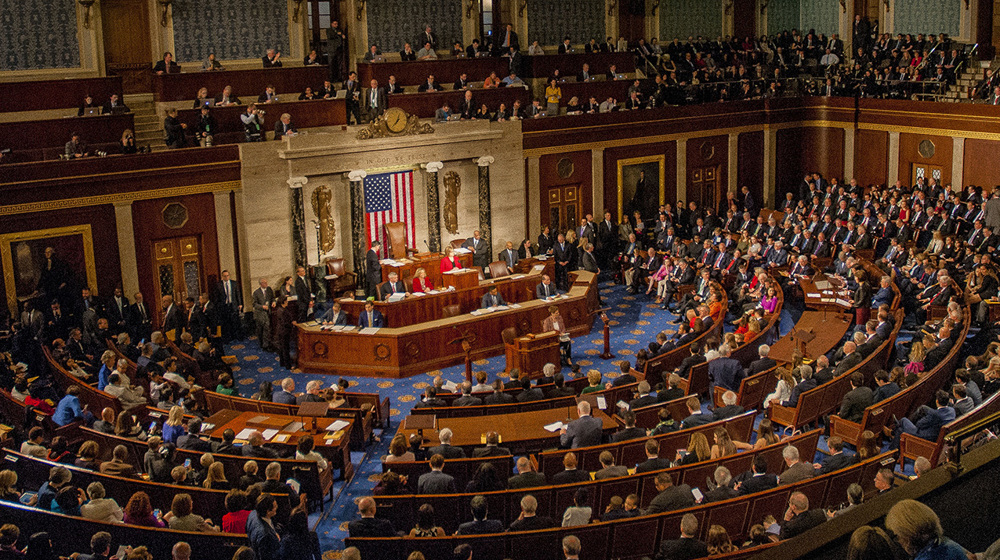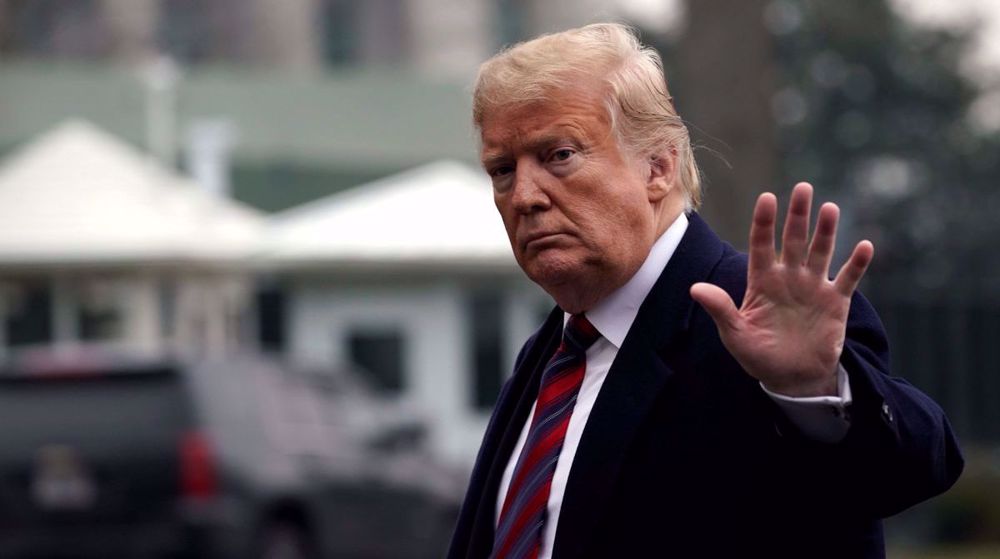Will Biden change US foreign policy on Iran?
By Dan Smith
There are several reasons to expect a change in US policy towards Iran under the Biden administration.
First, because neither he nor his likely choices at the top of the State Department go in for the megaphone style favored by the outgoing administration.
Second, because they do not think Trump’s policy on Iran and the region has been successful.
Third, because the preference is to restore the JCPOA as an effective and efficient instrument if possible. Fourth, because that would set US relations with allies in Europe on a better footing.
However, there are constraints that will set limits on how far-reaching the change will be. The Biden administration will not want to see Iranian influence in the region grow, nor will it wish to be seen as an administration that lets that happen. There will likely be a partial change of tone in relations with both Israel and Saudi Arabia but I would not expect to see change in the fundamentals.
Will Biden rejoin the JCPOA unconditionally?
Domestic politics pose big constraints on what the Biden administration and the Rouhani government can do. I think it is as impossible for the Biden administration to return to the JCPOA unconditionally as it is for the Rouhani government to accept a return to the situation just before Trump announced the US would step away from the agreement. On the other hand, I think it is possible for both sides to start talking without preconditions, which is much wiser than setting terms that have to be met before you start talking and listening.
If talks do begin, the first order of business will be working out what a potential “return” to the JCPOA would look like. American and regional critics of the JCPOA have always argued that the fact that the agreement focuses exclusively on nuclear technology is a weakness and have wanted an agreement to include Iranian actions in the Persian Gulf, Syria, Lebanon and Yemen, as well as Limits on Iran’s missiles. The question is how far the new administration might want to include non-nuclear issues as conditions for its potential “return” to the JCPOA. The answer to that question will, for the Biden administration, depend to a considerable degree on domestic politics. I guess the same is true for Iran, assessing whether it can accept any such conditions.

Dan Smith has a long record of research and publication on a wide range of conflict and peace issues such as nationalism, identity politics, armed conflicts, ethics of intervention, gender aspects of conflict and peace building. In recent years, his work has broadened to encompass other contemporary issues such as the relationship between climate change and insecurity, peace and security issues in the Middle East and global conflict trends. Smith has served four years in the UN Peacebuilding Fund Advisory group, two of which (2010–2011) were as Chair. He has lived most of his adult life in the UK with a 10-year spell in Norway. He has traveled professionally to more than 60 countries.
He is currently the Director of the Stockholm International Peace Research Institute (SIPRI). He wrote these comments for Press TV website.
VIDEO | Press TV's news headlines
VIDEO | US-Israeli genocide: Will Gazans see ceasefire deal achieved?
VIDEO | Grief strikes Parachinar: 44 lives lost in terror attack
VIDEO | Yemen’s armed forces target Israeli airbase amid nationwide pro-Palestinian rallies
Putin vows more test of new hypersonic missile
VIDEO | Jordanians continue rallies to denounce Israeli genocide in Gaza, Lebanon
6 Israeli soldiers commit suicide: Reports
Diplomat discourages recourse to pressure, intimidation, confrontation against Iran











 This makes it easy to access the Press TV website
This makes it easy to access the Press TV website